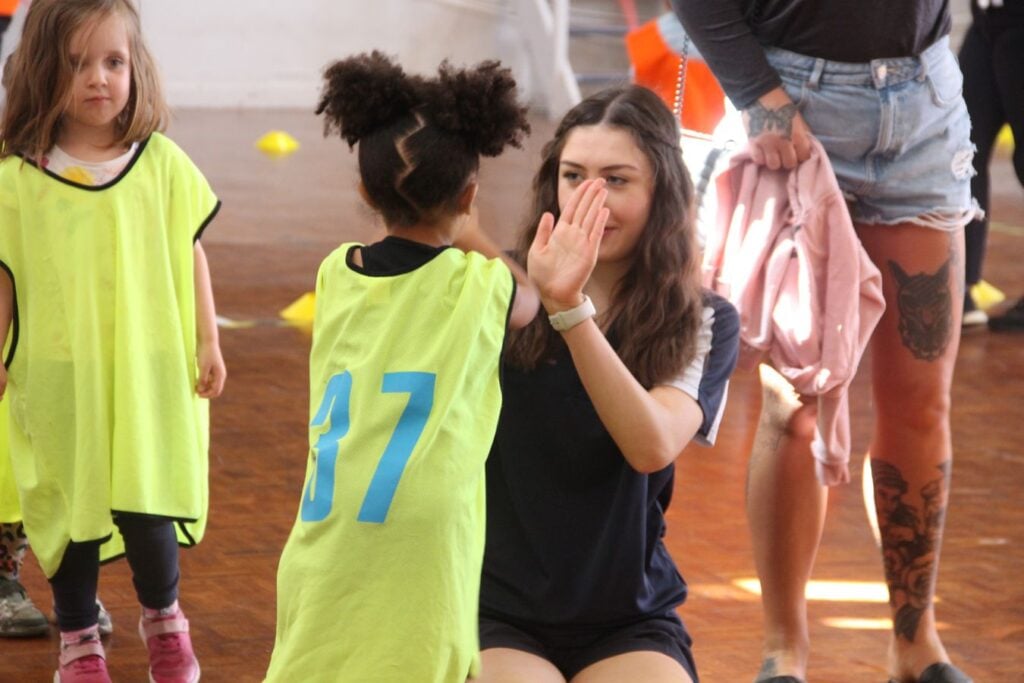Whether you’re passionate about coaching, fitness, or the business side of sport, studying our Level 3 Diploma in Sport and Physical Activity does more than deepen your knowledge, it builds a valuable set of skills that employers across all industries are actively seeking.

Here’s a look at the top skills you’ll develop as a sport student, and why they give you a competitive edge in today’s job market:
1. Leadership
From leading warm-ups to managing group sessions, you will learn how to motivate others, make decisions under pressure, and take responsibility. These leadership skills are great to have, especially for roles where initiative, influence, and people management are key.
2. Communication
Clear, confident communication is the backbone of every successful sport professional. Whether you’re explaining a technique, leading a school sports day, or planning a fitness regime, you’ll sharpen your verbal and written communication through practical sessions, presentations, and collaborative projects.
Employers love people who can translate complex ideas into simple terms, and sport students get plenty of practise doing just that.
3. Teamwork
Sport is inherently collaborative. You’ll work in teams constantly: on the field, during placement opportunities, and in the classroom. Being able to contribute to group success, resolve conflict, and support others’ performance is a key employability trait not just in sport, but in any workplace.
4. Problem-Solving and Critical Thinking
Sport students are trained to think on their feet. You’ll evaluate techniques, troubleshoot injuries, assess athlete performance, and make on-the-spot decisions. The ability to analyse information and apply it practically is highly valued across many sectors.
5. Time Management
Between theory lessons, practical sessions, assignments, and placements, you will become a pro at balancing priorities. Employers know that students who’ve successfully juggled practical and academic commitments can handle pressure and deliver on deadlines. Good time management skills are a clear sign of strong organisation and drive.
6. Adaptability and Resilience
Sport teaches you to deal with setbacks, whether that’s injuries, losses or unexpected changes to practical sessions. Learning to be flexible, adapt your activities, and work in a calm and efficient way are key traits in any career.
Resilient students are the ones who bounce back, learn from mistakes, and grow for them, exactly the kind of people employers want on their teams.
A sport course isn’t just about becoming a better athlete or coach, it’s about developing into a versatile, confident, and highly employable professional. Whether you want to work in elite sport, education, health, business, or something entirely different, the skills you build at College will set you up for success.


